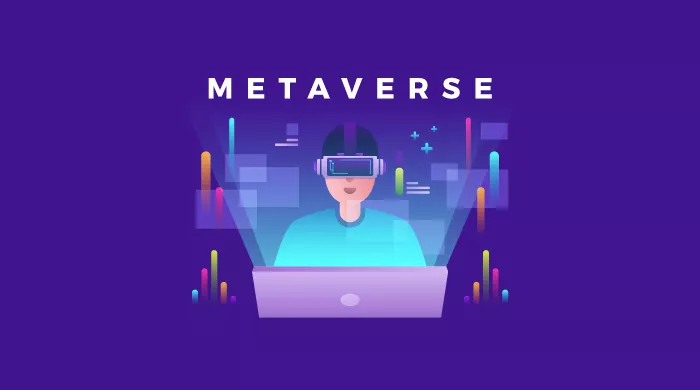
Decoding The Metaverse: Implications For Developers
The term “Metaverse” has transcended its origins in science fiction and has become a buzzword in the tech industry. As the concept evolves, developers find themselves at the forefront of shaping and building the Metaverse. Let’s embark on a journey to decode the Metaverse and explore its profound implications for developers.
Understanding the Metaverse: Beyond Virtual Reality
The Metaverse is often associated with virtual reality (VR), but its scope goes beyond immersive digital environments. It envisions a collective virtual shared space that integrates aspects of augmented reality (AR), VR, the internet, and social interactions. The Metaverse aims to create a seamless blend between the digital and physical worlds.
Key Elements of the Metaverse:
1. Digital Avatars: Users represent themselves in the Metaverse through digital avatars, customizable representations that interact with the virtual environment and other users.
2. Persistent Environment: Unlike traditional online platforms, the Metaverse is persistent and continuously evolving. Changes made by users or developers persist across sessions.
3. Social Interaction: Socialization is a core component. Users can engage with others, attend events, collaborate on projects, and share experiences, mirroring real-world social dynamics.
4. Economy and Commerce: The Metaverse incorporates its own economy, allowing users to buy, sell, and trade virtual assets. Cryptocurrencies and blockchain play a role in enabling secure and transparent transactions.
Implications for Developers: Navigating the Metaverse Landscape
1. Cross-Platform Development:
– Developers need to create experiences that span various devices and platforms, ensuring accessibility and inclusivity.
2. Immersive Technologies:
– Proficiency in building immersive experiences using VR and AR technologies becomes a valuable skill for developers entering the Metaverse space.
3. Blockchain Integration:
– Understanding blockchain technology and integrating it into Metaverse projects is crucial for handling virtual assets, ensuring ownership, and enabling secure transactions.
4. AI and Virtual Agents:
– AI-driven virtual agents enhance user experiences by providing intelligent interactions within the Metaverse, from customer support to NPCs (non-player characters) in virtual worlds.
5. Security and Privacy:
– Developers must prioritize robust security measures to protect user data, digital assets, and privacy within the Metaverse.
6. Decentralized Applications (DApps):
– Embracing the decentralized nature of the Metaverse, developers can contribute to the creation of DApps that enhance user autonomy and control.
7. User-Generated Content:
– Enabling users to contribute to the Metaverse’s content fosters a dynamic and engaging environment. Developers should build tools that empower users to create and share content seamlessly.
Challenges and Considerations:
1. Interoperability:
– Achieving interoperability between different Metaverse platforms remains a challenge. Developers may need to navigate compatibility issues to create a cohesive user experience.
2. Ethical Design:
– As architects of virtual spaces, developers play a role in ensuring ethical design practices, promoting inclusivity, and preventing the replication of real-world biases.
3. Scalability:
– Handling the potential influx of users and content requires scalable solutions. Developers must design systems that accommodate growth without compromising performance.
The Metaverse as a Canvas for Innovation
The Metaverse represents a canvas for innovation, where developers have the opportunity to redefine digital interactions. As they navigate this evolving landscape, collaboration, openness to emerging technologies, and a user-centric approach will be paramount. The Metaverse is not just a technological frontier but a social and economic one, and developers are the architects shaping its foundation.
In conclusion, decoding the Metaverse requires a multidimensional understanding that goes beyond coding skills. It involves an awareness of social dynamics, economic principles, and ethical considerations. Developers, equipped with this holistic perspective, can contribute to the creation of a Metaverse that enriches the human experience in ways yet to be fully imagined.
